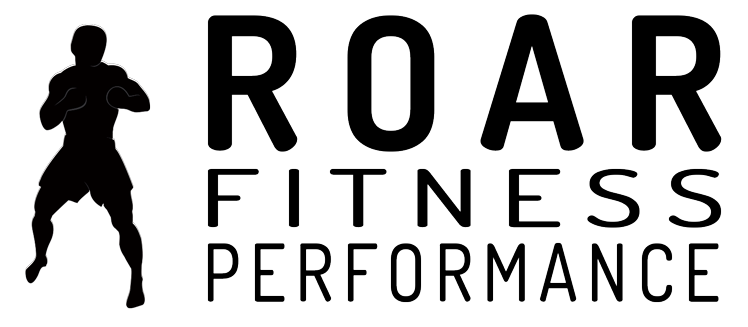Science already tells us that for every action there is a positive and negative reaction. When the body is well rested, the body performs optimally. On the flip side, when the body is poorly rested, performance plummets. Individuals who suffer from chronic fatigue or poor quality of sleep are likely to experience decreased brain function, hormonal imbalances, decreased productivity and performance, fertility issues, poor immune system and insulin responses.
In short, sleep plays a crucial role in the repair and maintenance of all systems (physically and mentally). Unfortunately, a significant number of us do not get the amount of sleep necessary to support a healthy body and mind. So how do we improve This issue?
What Happens During Sleep
A state of sleep may seem, on the surface, to be a quiet and relaxing experience but your body is working hard to repair, recover, build, strengthen, grow and defend. It’s during sleep that the “real” work of progress begins and ends. Sleep is a productive process even if you aren’t moving. While you rest, the body begins its work. Like a factory, several processes occur all at once and involve multiple systems. For example:
Breathing and heart rates slow and blood pressure decreases.
Hormones are released that aid in repairing tissues
So it makes sense that you and your body are severely under-rested, these valuable and necessary processes are disrupted. The body then cannot adequately repair tissues and blood vessels, produce and release hormones efficiently, or remove waste. If sleep suffers, there are systemic effects.
How to Improve Sleep Fitness
Everyone requires a slightly different environment to sleep well. However, there are some key ingredients to improving the “sleepability” of your space. When it comes to your environment consider taking the following actions:
Remove (or turn off) all electronics and cover the alarm clock an hour before bed. The circadian rhythm is most sensitive to blue light (the type emitted from electronics).
Make the room as dark as possible.
Make sure the room is at a comfortable temperature.
Evaluate the noise level or add a white noise machine or fan.
There are also several behavioural tricks you can employ to improve sleep:
Develop a routine: If you don’t have a bedtime routine, establish one for you and your family. Incorporate relaxing activities (meditate, read a book, listen to calming music, etc.).
Activity naturally promotes better sleep. Try to avoid working out too late in the evening as it can make it difficult to fall asleep.
Reduce caffeine intake. Ovoid having to much caffeine/ pre workout before 9am as having caffeine bro early in the morning can disrupt the body’s normal cortisol rhythm and disrupt sleep later on. Further, caffeine also antagonises adenosine (another ingredient to promote restful sleep).
Limit alcohol. Alcohol is a depressant that has sedative-like effects; however, it also causes an individual to wake frequently during the night. Limit your intake of alcoholic beverages before bed or late in the evening.
So how important is sleep? Well … if you’re wondering why you’re training so much but not yet seeing the results you want to think about sleep and look into making a bed time routine for yourself. Or if you’re really not to sure, contact me and I can show you how to make a small change that can make a huge improvement to your day to day life.


